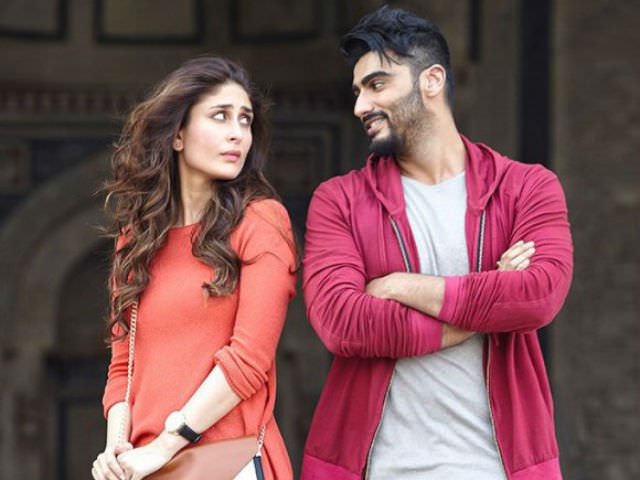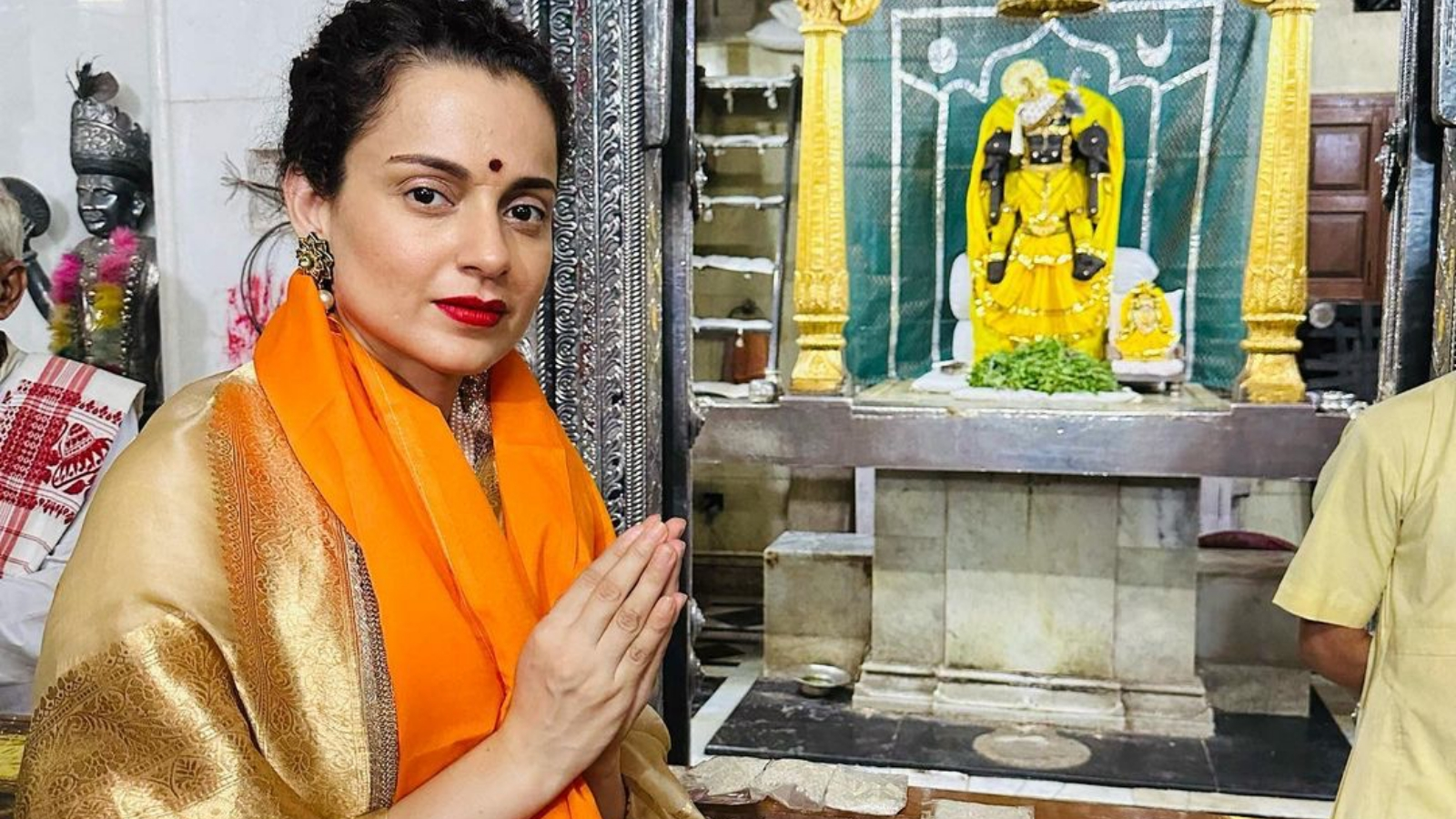Here’s everything you need to know about latest Bollywood entrant, Ki & Ka – The movie is bad and boring.
But if you still wish to go and spend your time & money on this film because you happen to be a Kareena Kapoor fan or worse still, an Arjun Kapoor fan (is there such a thing?), then here’s what you should know – the film is not remotely feminist.
It’s important for me to stress that because quite a number of people have reached out to me (being the professional feminist in their life) for my opinion on Kareena Kapoor’s character (or Ki as she’s known in the movie). They want to know what I feel when I see a woman marrying a man and making him her “wife”. I mean this must be my wet dream right? After all feminism is about male bashing and domination..(!)
Well, that’s not quite how feminism works. By its very definition it means equality of the sexes. It means feminists don’t care if a woman or a man stays at home and caters to their families as long as it’s their choice to do so. And we don’t care if a woman decides to put her career above everything else and we reserve no judgment for men who nurse no ambition to climb the corporate ladder. We don’t care if you’re married or not; if you want to have kids or not; if you have sex or not. As long as what you do is not illegal or harmful to anyone else (we will come after you if you try imposing your bigoted views on others) we are happy for you. We don’t believe in gender roles and nor do we get off on the oppression of men. We’re cool like that.
Which brings us to the most problematic part of the film – the mangalsutra. Ki ties a ‘mangalsutra’ to Ka denoting that she’s now the ‘husband’ and he’s the ‘wife’. The inherent suggestion here is that when you choose to stay at home and take on household duties, then it wouldn’t matter what gender you are, you are the woman and the wife. The housewife doesn’t have to be branded. It’s illogical, wrong and very very stupid.
But if the mangalsutra had been the only cliché in the film, we could have still forgiven the lazy script and the million sanctimonious sermons that the film doles along the way. But it’s not. Ki & Ka fails you in its abhorrent portrayal of the average Indian housewife. While the career women in this movie are slender, well-manicured and high heeled, the housewives that Ka spends his days with are out of shape and bored. This is laughable because especially in India there is verified data that women log in more unpaid hours than their male counterparts (Mr Director, every housewife I know is overworked and under-appreciated so kindly dial down your ridiculous generalizations in your next film at least).
And so we come to my final caveat with the film – the unnecessary fight scene to prove Ka’s ‘masculinity’. And while normal people (read: feminists) peg marriage as a loving partnership between two people with a mutual and a vested interest in a future together; Bollywood (and patriarchy) refuse to acknowledge love unless a man fights a bunch of men in order to defend his woman’s ‘honour’. It’s regressive. So of course, Ka beats up a bunch of goons that harass Ki.
There are other problems in the film that fall squarely on the shoulders of the poorly etched characters. Ki and Ka are horrible people. Ka is spineless and constantly sacrifices his own dreams for his unreasonable wife’s demands (because that’s what good housewives do yaar) and Ki, who is supposed to represent the emancipated Indian woman, is mean and spiteful. Also, she reacts like someone who’s never attended a sex-ed class in their life when she thinks she might be pregnant (go to your gynecologist lady!). You wonder why these two people even decide to get married in the first place. Even their sex looks fake and boring.
And as the film drags its feet towards the final act (a cameo by the Bachchans featuring a problematic and sexist message) you stop caring about these characters anymore. But as a feminist you still care that many people are going to walk out thinking that this film is the feminist treatise (because people only Google at convenience) and hence you make the effort to write about why this film has little to do with feminism.
So dear reader, if you still want to spend your money on Ki & Ka, feel free to do so (but don’t act like you weren’t warned). But for the love of all that is Gloria Steinem don’t mistake this for feminism.
P.S: I actually did learn a lesson after watching this film. I realized that one must think long and hard before marrying anybody. Otherwise I could end up with someone who turns my house into an annoying train museum.




